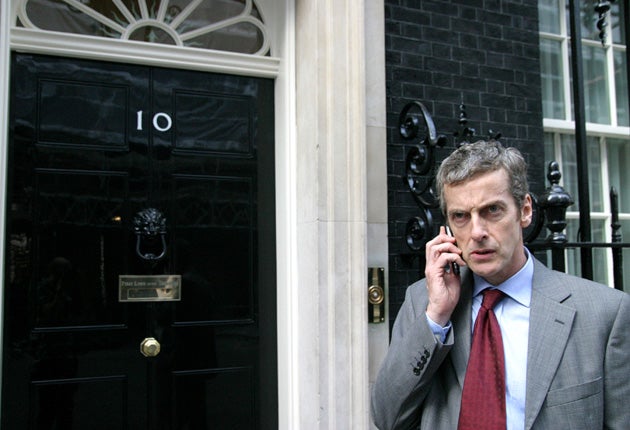Arts Quangos: A threat to our cultural life

Your support helps us to tell the story
From reproductive rights to climate change to Big Tech, The Independent is on the ground when the story is developing. Whether it's investigating the financials of Elon Musk's pro-Trump PAC or producing our latest documentary, 'The A Word', which shines a light on the American women fighting for reproductive rights, we know how important it is to parse out the facts from the messaging.
At such a critical moment in US history, we need reporters on the ground. Your donation allows us to keep sending journalists to speak to both sides of the story.
The Independent is trusted by Americans across the entire political spectrum. And unlike many other quality news outlets, we choose not to lock Americans out of our reporting and analysis with paywalls. We believe quality journalism should be available to everyone, paid for by those who can afford it.
Your support makes all the difference.If you abolished all quangos, the arts in Britain would pretty much cease to exist in their current form. Because governments since 1945 have conformed to the "arms length principle" by which it is deemed improper for ministers to take direct control of culture, much of the funding and basic administration of the arts has been carried out by unelected quangos.
It is an irony that those in the arts, which demands accountability and transparency, carry out decisions in private, with ministers refusing to answer questions in Parliament, saying only that "it is a matter for the Arts Council" or some other pertinent quango.
Without a clearly defined alternative to arts quangos, culture will suffer. The Museums, Libraries and Archives Council (MLA), for example, has administered the admired Renaissance programme, which has done much to transform perceptions of museums.
This has been abolished, with no sign of who will take over this remit. Ed Vaizey, Minister for Culture, said yesterday: "There is now an opportunity to integrate Renaissance and the other important functions of the MLA into the wider cultural framework."
Precise, that ain't. The UK Film Council, one of the few arts quangos with commercial nous, has also been abolished, its remit taken over by the British Film Institute, which is far from guaranteed to have the acumen for funding films. It's unlikely that the rout of arts quangos is over.
It is an open secret that Arts and Business, the effective broker for bringing private money into the arts, might lose some funding. And even the Arts Council, the primary funder of performing arts companies, is feeling nervous.
Join our commenting forum
Join thought-provoking conversations, follow other Independent readers and see their replies
Comments